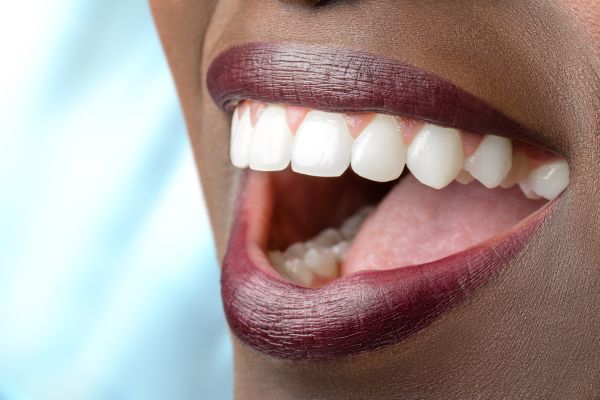Full Mouth Reconstruction: Dental Implants

A full mouth reconstruction allows a dentist to repair and rebuild the health, function and strength of teeth that have been damaged by oral problems like tooth decay and tooth loss. The three most popular ways to replace missing teeth during a full mouth reconstruction are through dentures, bridges and implants.
Dental implants are often recommended by dentists during a full mouth reconstruction since these oral prosthetics preserve bone tissues in the jawbone. The implant goes into the patient's jaw, where it fuses with surrounding bone tissues in a process called osseointegration. This gives the implant stability and leads to bite forces being transferred to the jaw when chewing, keeping the bone tissues healthy.
How implants are used during a full mouth reconstruction
The process of getting implants can be broken down into three stages. Outlined below is what patients should expect:
First stage: Preparing for the procedure
The process of getting dental implants during a full mouth reconstruction starts with a consultation with a dentist. There may be bone tissue loss, depending on how long the patient has been without a tooth. The dentist will use tools like x-rays and CT scans to determine if the patient has enough bone tissues to hold implants in place. Patients who do not have the bone tissues needed for implants will need to get bone grafts and recover from the treatment before being cleared to proceed with implants.
The dentist will also go over the patient's medical history checking for health issues or medications that can hinder the person's recovery after oral surgery. People with weak immune systems or chronic conditions like diabetes might not be eligible for implants.
Generally speaking, patients should have decent general and dental health to be eligible for implants during a full mouth reconstruction. They should also be willing to give up habits like smoking and drinking before and after the installation of implants.
Second stage: Installing the implant
During the second stage, the dentist will surgically place the implant in the patient's jaw. Implants are usually made from titanium rods or screws, but they can also be made from other materials like zirconium.
A local anesthetic is administered prior to the installation of implants to numb the area being worked on. A cut might be made in the gums so the dentist can reach the jawbone. The incision is closed once the implant has been placed. It can take up to six months for the implant to fuse with bone tissues around it.
Third stage
Once the implant is fused with bone tissues, the dentist will attach an abutment and a crown to the implant to finish the full mouth reconstruction. The crown serves as an artificial tooth and it restores the function of the lost tooth. Other restorations like dentures and bridges can also be attached to implants. The dental crown completes the process of getting an implant and the patient should have a prosthetic tooth that looks and functions like a real one.
Replace a missing tooth with an implant
Interested in a full mouth reconstruction with dental implants? Reach out today to learn more today!
Request an appointment here: https://www.newyorkdentaloffice.com or call New York Dental Office at (212) 548-3261 for an appointment in our New York office.
Check out what others are saying about our services on Yelp: Read our Yelp reviews.
Recent Posts
Dental practices work to provide strategies and guidance to individuals for maintaining strong teeth and gums. While brushing and flossing are indispensable habits, the foods and beverages individuals consume each day also influence oral health. Having a firm grasp on food, particularly how it affects oral health, can reduce the risk of tooth decay, enamel…
Cosmetic dental treatments can bring you closer to the smile of your dreams. The main focus of these services is to enhance the appearance of the smile, which in turn boosts confidence. They can even make oral hygiene and care easier, although that is not the primary purpose. Knowing when it is time to consult…
Scheduling an initial visit to a dental practice marks the first step toward maintaining optimal oral health. Proper preparation for this appointment ensures a seamless experience, allowing the dental team to provide the highest-quality care possible. Understanding what documents and information to bring facilitates efficient care, reduces stress, and helps patients feel comfortable and informed…
Dental practices provide essential oral health services to patients of all ages. These services range from preventive and restorative treatments to cosmetic and emergency procedures. Understanding the types of care available at a general dental practice can help patients make informed decisions about their oral and overall health.Preventive care is a cornerstone of dental practice…



